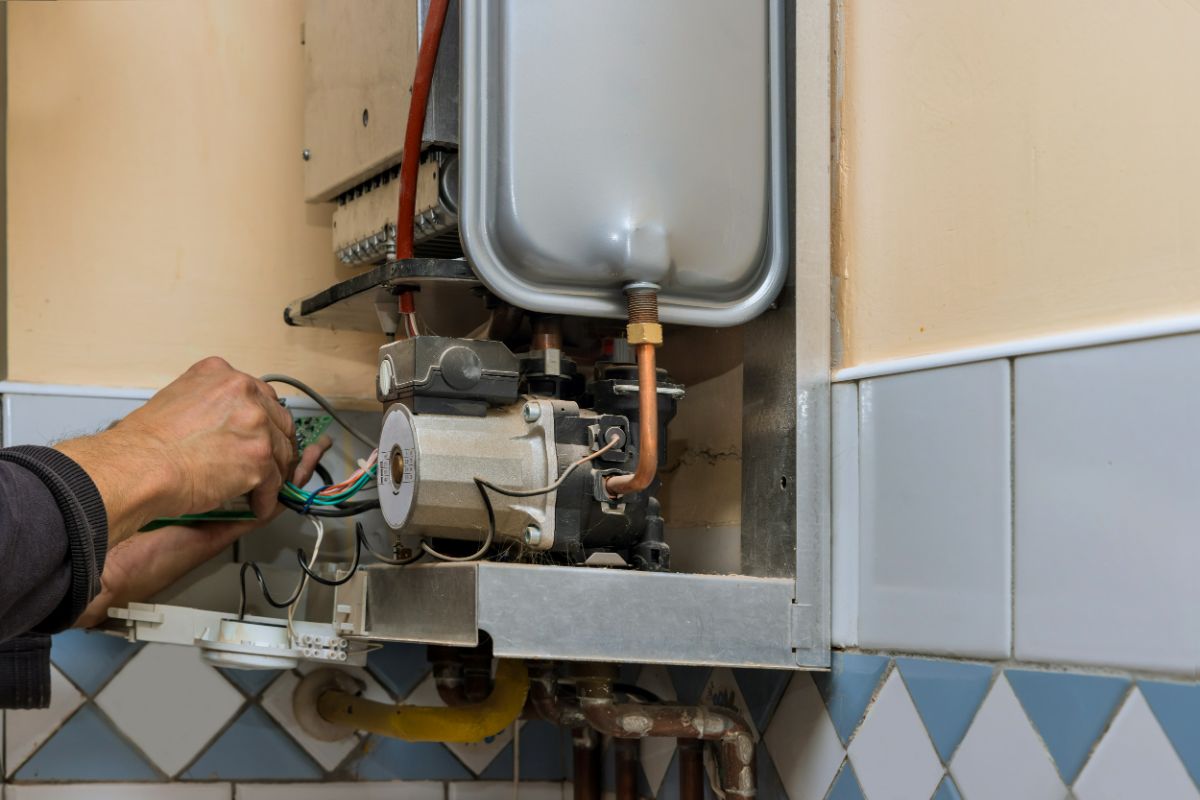Effective Techniques for Caring for Your Home's Hot Water System
Effective Techniques for Caring for Your Home's Hot Water System
Blog Article
Were you trying to find information and facts about Water Heater Maintenance Tips You Can't Afford to Forget?

Hot water is necessary for day-to-day comfort, whether it's for a refreshing shower or washing meals. To guarantee your hot water system runs effectively and lasts longer, normal upkeep is vital. This short article supplies sensible pointers and insights on how to maintain your home's hot water system to avoid interruptions and expensive fixings.
Intro
Maintaining your home's hot water system might seem complicated, yet with a few easy steps, you can ensure it operates efficiently for several years ahead. This guide covers everything from comprehending your warm water system to do it yourself upkeep tips and recognizing when to call in professional help.
Significance of Preserving Your Hot Water System
Routine upkeep not just expands the life expectancy of your warm water system yet additionally guarantees it runs successfully. Ignoring upkeep can result in decreased efficiency, higher energy bills, and even premature failure of the system.
Signs Your Hot Water System Demands Upkeep
Recognizing when your warm water system needs attention can protect against significant problems. Look out for indicators such as inconsistent water temperature, odd sounds from the heating system, or rustic water.
Understanding Your Warm Water System
Prior to diving into maintenance tasks, it's useful to understand the standard elements of your hot water system. Normally, this includes the hot water heater itself, pipes, anode rods, and temperature level controls.
Regular Monthly Upkeep Tasks
Regular month-to-month checks can help capture small issues prior to they intensify.
Flushing the Hot Water Heater
Flushing your hot water heater eliminates sediment build-up, improving performance and extending its life.
Monitoring and Replacing Anode Rods
Anode rods avoid corrosion inside the container. Checking and replacing them when broken is essential.
Inspecting and Readjusting Temperature Level Settings
Adjusting the temperature level settings makes sure ideal efficiency and security.
Do It Yourself Tips for Upkeep
You can carry out numerous upkeep tasks on your own to maintain your hot water system in leading condition.
Checking for Leakages
Routinely check pipelines and connections for leakages, as these can bring about water damage and greater bills.
Checking Stress Relief Valves
Checking the pressure relief valve guarantees it functions properly and protects against excessive stress build-up.
Insulating Pipelines
Insulating hot water pipelines reduces heat loss and can save power.
When to Call a Professional
While DIY maintenance is valuable, some issues need professional know-how.
Facility Problems Calling For Expert Aid
Examples consist of major leakages, electrical issues, or if your water heater is constantly underperforming.
Regular Expert Upkeep Conveniences
Expert upkeep can include comprehensive examinations, tune-ups, and guaranteeing conformity with safety standards.
Final thought
Normal maintenance of your home's hot water system is crucial for efficiency, durability, and expense financial savings. By following these suggestions and recognizing when to look for professional assistance, you can make certain a dependable supply of warm water without unanticipated disruptions.
How to Maintain and Troubleshoot Your Heat Pump Water Heater
Know Your Water Heaters Error Codes and How to Clear Them
If your unit is WiFi-enabled, pay attention to the notifications your water heater system sends you and make sure to read and investigate error codes as soon as possible. If your machine has an error code readout on the unit, use your owner’s manual for the hot water heater and find out what the codes mean and how they might be affecting your water heating system. Follow the manufacturer’s directions to assess the issue and clear the code, or call a licensed plumber to take care of that for you.
Change Your Filters Monthly or As-Needed
Heat pump water heaters come equipped with an air filter, usually on the top of the unit where the water heater pulls air into the compressor. Check the filter every few months (put a reminder in your smartphone to make sure you don’t forget!). This will keep peak air flowing into your unit, helping it to work as efficiently as possible and resulting in energy savings over time.
Clean the Condensate Lines
Heat pump water heaters have a condensate drain. As the unit dehumidifies the surrounding area, the moisture has to go somewhere! Make sure to clean this condensate line every year to ensure it doesn’t get backed up with sediment or mold.
To clean the condensate lines, pour a cup of bleach in the access opening of the unit to kill any mold or mildew. Check that the bleach or water flows freely out of the lines, and unclog the lines if needed.
Flush Your Heat Pump Water Heater Annually
Heat pump water heaters are also sometimes referred to as hybrid heat pump water heaters. This is because they contain a backup heating electric heating element inside the tank: the same kind of anode rods used in traditional electric water heaters. That anode rod can become corroded over time from the minerals in your water, and it can begin to decay, break entirely, or heat less efficiently as it becomes corroded. One way to minimize or avoid this corrosion is by flushing your heat pump water heater annually. Just like flushing standard electric or gas water heaters, flushing your water heater is something that any homeowner can DIY if they have a few basic tools and some gumption.
https://www.waterheatersnow.com/blog/how-to-maintain-and-troubleshoot-your-heat-pump-water-heater

I hope you enjoyed reading our part on How to Maintain a Hot Water Heater in a Few Simple Steps. Thank you for taking the time to browse our posting. Enjoyed reading our write-up? Please quickly share it. Let others find it. Many thanks for going through it.
Click Here Report this page